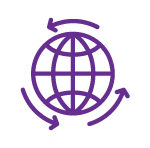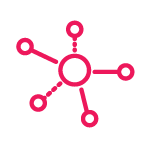What we do
We strive to make justice systems user-friendly and work towards a world where people can prevent or resolve their justice problems more easily.
However, we cannot achieve this goal alone. That is why we collaborate closely with in-country partners to ensure that our work is connected to the national needs, local knowledge, and political realities of each country.
About our work

We work in close collaboration with our national partners to ensure that our efforts are linked to the national needs, knowledge, and political realities.

In all our work, we pay special attention to vulnerable people as access to justice is vital to them.

We currently work in 11 countries, with a special focus on Africa and the Middle East.
What we've accomplished so far

HiiL has conducted 19 Justice Needs and Satisfaction (JNS) studies in 17 countries, and interviewed 113,306 persons to understand their justice experiences. This included an assessment of justice needs in the United States, Ethiopia and South Sudan along with The Hague, a JNS for businesses in Ukraine, and an eJNS in Burkina Faso.

HiiL has produced 27 best practice guidelines, including on land, crime and family justice. Our guidelines are made available on HiiL’s Justice Dashboard.

Since 2011, HiiL has provided an Acceleration Programme to over 110 justice innovators. By 2020, 75 of these justice innovators were up and running. Their game-changing ideas and services have provided access to justice to tens of thousands of beneficiaries.

HiiL’s justice transformation process has progressed through the years. Our stakeholder dialogues facilitate local development. This supports the political arena and empowers local communities to establish an 'enabling environment' that spurs justice innovation.

We advance justice transformation through a network of people and organisations at national and international levels. Our work seeks to champion initiatives that capture and share best practices, attract more funding, and prioritise people-centred justice that reinforces ‘our common agenda’. This strengthens the broader movement towards realising SDG 16 – equal access to justice for all.
Newsletter
Want to stay up-to-date with our work? Subscribe to our newsletter:
